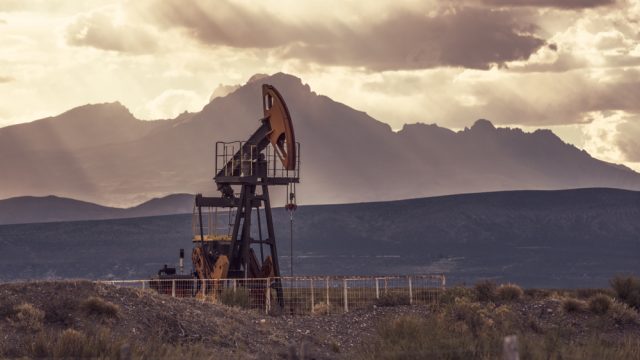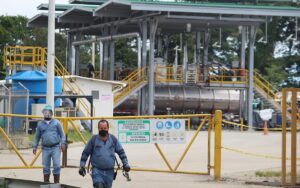
(Ftich, 17.Dec.2020) — The contracts that the Argentine Ministry of Energy recently awarded to natural gas producers in the country under Plan Gas 4 (PG4) may bolster somewhat cash flow stability for players in the country and at the same time increase these companies’ credit linkage to that of the sovereign given the increase dependence on transfers from the country, according to Fitch Ratings.
Should the government pay natural gas producers on time under the new gas plan, cash flow generation for Fitch’s rated corporates Capex S.A. (CCC), Compania General de Combustibles (CGC; CCC), Pampa Energia S.A. (CCC), Pan American Energy (BB-/Positive), Tecpetrol Internacional (BB/Negative) and YPF S.A. (CCC), could be marginally more predictable but continue to rely heavily on payments from Compania Administradora del Mercado Mayorista Electrico S.A. (CAMMESA) and other government subsides. The Argentine government incurred in severe payment delays and disputes under the previous plans.
Fitch estimates the entire program will cost at least $5.1 billion between 2021-2024, when applying the guaranteed volume. The program locked-in 446kboed of natural gas volumes per annum (420kboed throughout the year and an additional 23kboed available in the winter months only) through 2024, at a weighted average price of $3.54MMbtu. Fitch estimate, when assuming 75% of volume, that this will translate into roughly $787 million of annual EBITDA amongst the six rated issuers, with 60% split between both YPF and Tecpetrol and 15% to Pan American Energy, 10% to Pampa, 5% to CGC and 1% to Capex.
Fitch believes that the aim of PG4 is to ensure that demand from electricity generators and gas distributors are met with domestic production. Historically, both comprise of roughly 60% of total domestic gas demand, which Fitch expects will be approximately 740kboed in 2020, or 490kboed. PG4 guarantees that their demands are met at an economical price. Further, this program will replace more expensive imports from Bolivia and LNG preserving much needed US dollars. As of the end of November 2020, Argentina has imported 43.7 billion of boe or an average of 133kboed (72% from Bolivia and the remainder from LNG) at an average price for Bolivia gas at $4.50mmbtu.
Fitch believes the weighted average price assigned of $3.54mmbtu is sufficient to compensate for lifting costs, which Fitch estimates range between $2.00-3.00MMbtu but are low to incentive new developments, specifically for unconventional developments in Neuquen. Moreover, Fitch estimates half-cycle cost for Argentine gas producers on average $4.30mmbtu, of which $1.5-2.0mmbtu on average is associated to interest expenses. Therefore, Fitch believes that PG4 will fulfil its purpose of stopping imports, but it falls short of compensating the cost of long-term investment in unconventionals.
____________________

